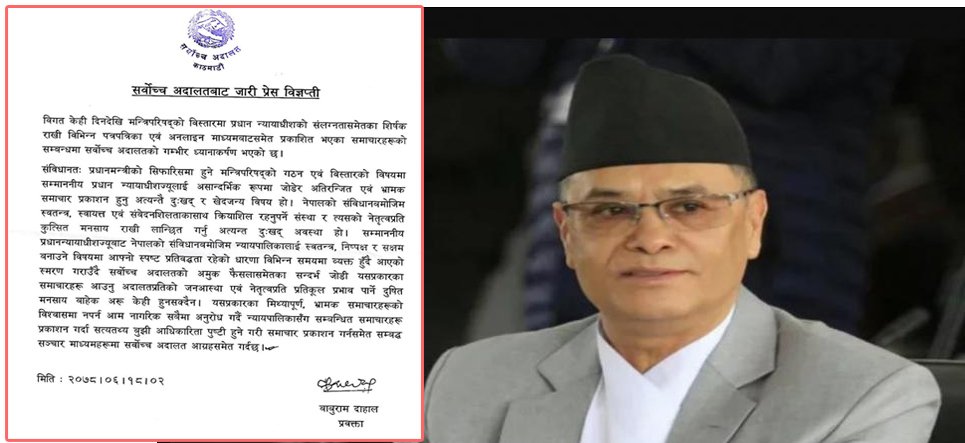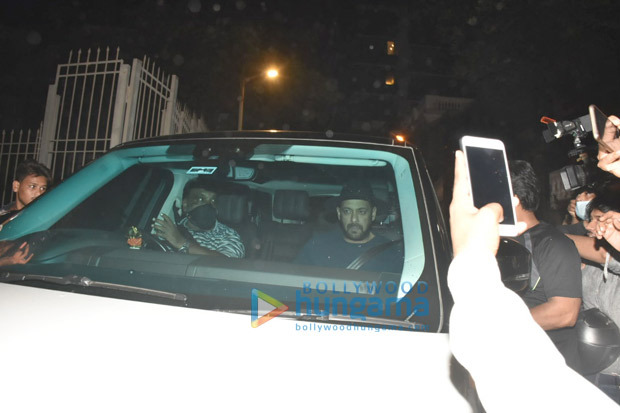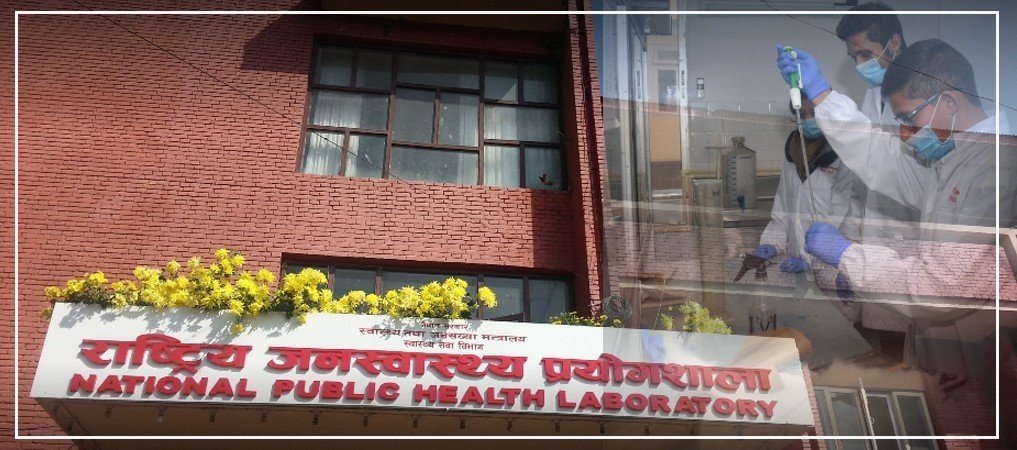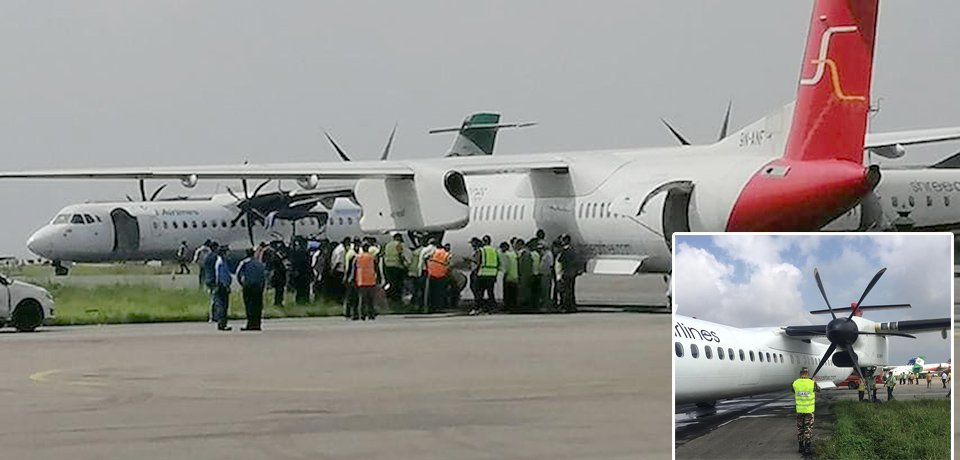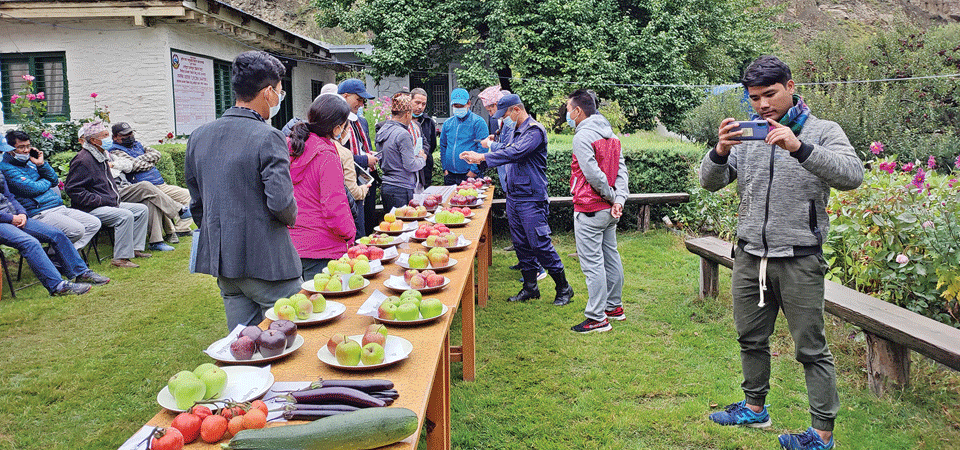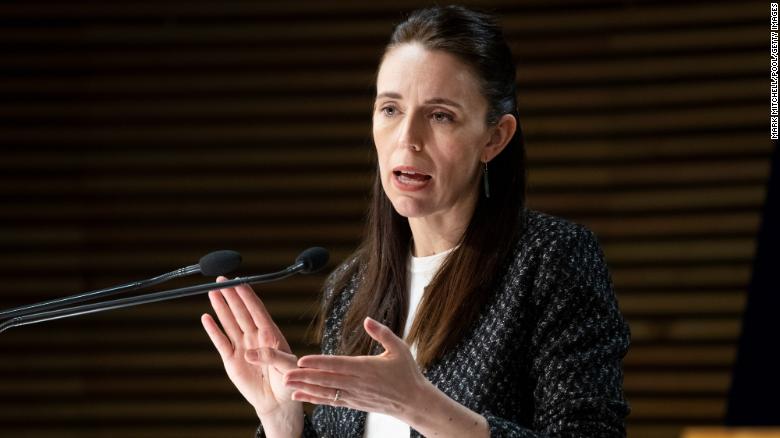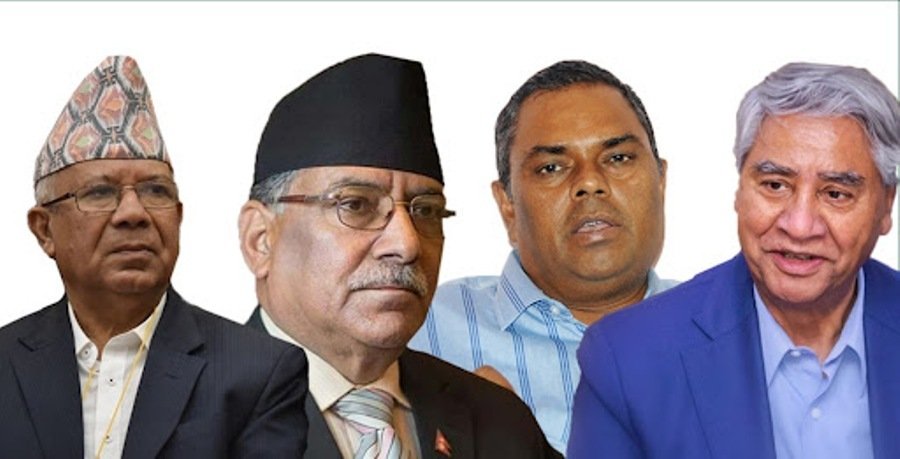Russia and Belarus hold joint military exercises as diplomatic talks ramp back up
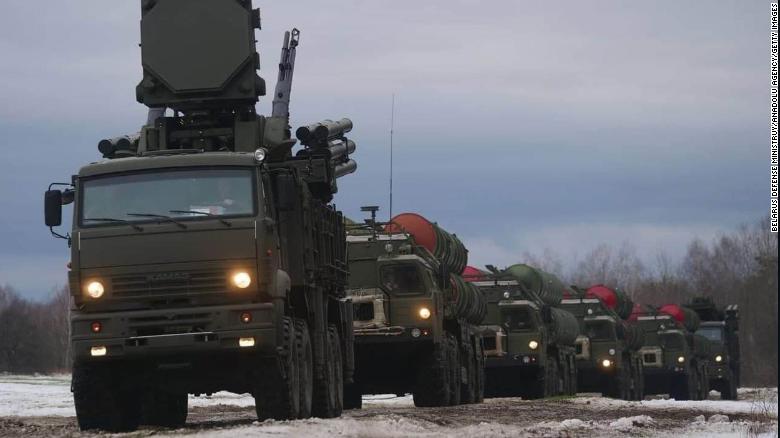
By Nathan Hodge, Tara John and Anna Chernova, Feb. 10 (CNN): Russia and Belarus began 10 days of joint military drills Thursday amid ongoing diplomatic efforts to defuse the crisis over fears that the Kremlin is planning an incursion into Ukrainian territory.
The military drills, called "Allied Resolve-2022," began in Belarus and will end February 20, the Russian Ministry of Defense announced Thursday in a statement.
"The purpose of the exercise is to work out the tasks of suppressing and repelling external aggression while conducting a defensive operation, countering terrorism and protecting the interests of the Union State," the statement said.
Moscow's deployment into Belarus is believed to be its biggest there since the Cold War, with "an expected 30,000 combat troops, Spetsnaz special operation forces, fighter jets including SU-35, Iskander dual-capable missiles and S-400 air defence systems," NATO Secretary-General Jens Stoltenberg said last Thursday.
The United States has also expressed concerns about the buildup of Russian troops in Belarus, a close ally of Russia.
Russia has repeatedly denied it is planning to attack Ukraine, despite Moscow's massive troop buildup in the region. The Kremlin is believed to have assembled 70% of the military personnel and weapons on Ukraine's borders that Russia would need for a full-scale invasion, according to two US officials familiar with Washington's latest intelligence estimates.
Kremlin spokesperson Dmitry Peskov said Wednesday that the drills have scaled up as both Russia and Belarus face "unprecedented threats" from NATO.
"[The drills] are held regularly," Peskov said in a conference call with reporters. "Yes, the scale may be larger than before, but the situation is much more tense now."
Pressed further on the purpose and political meaning of these exercises, Peskov said both countries feel a growing threat from NATO.
"Yes, we can say so," Peskov said. "Both Russia and Belarus are facing unprecedented threats, the nature and concentration of which, unfortunately, are now much higher and much more dangerous than before."
While Russian President Vladimir Putin is not scheduled to attend the drills, Gen. Valery Gerasimov, the Chief of the Russian General Staff, arrived in Belarus ahead of the joint exercises, Russian state news agency TASS reported Wednesday.
"During the exercise, measures will be taken to strengthen the protection of the state border to prevent the penetration of armed groups of militants, block the channels for the delivery of weapons and ammunition, search, block, destroy illegal armed formations and sabotage and reconnaissance groups of a mock enemy," the Russian Ministry of Defense statement said.
The drills are taking place around Belarus, including "Domanovsky, Gozhsky, Obuz-Lesnovsky, Brest, Osipovichsky training grounds," while the "airfields of Baranovichi, Luninets, Lida and Machulishchi are also involved," it wrote.
More diplomacy
The exercises begin the same day diplomatic talks to ease the crisis are expected to take place. French Foreign Minister Jean-Yves Le Drian said in an interview Thursday that a further round of talks between the countries in the so-called Normandy Format would be a "good sign."
The Normandy Format is a four-way conversation between representatives from Ukraine, Russia, Germany and France that has been trying to broker peace in eastern Ukraine since 2014.
Advisers from all four countries are due to meet Thursday in Berlin to discuss tensions around Ukraine.
Meanwhile, UK Prime Minister Boris Johnson is due to meet NATO's Stoltenberg in Brussels on Thursday before visiting Poland to meet President Andrzej Duda and Prime Minister Mateusz Morawiecki, Downing Street said Wednesday.
UK Foreign Secretary Liz Truss is in Moscow Thursday where her counterpart, Russian Foreign Minister Sergey Lavrov, opened talks noting that UK-Russia relations were "at their lowest level in recent years."
Truss in turn urged Russia to take a "diplomatic route" to avoid war over Ukraine. "The reality is, we cannot ignore the buildup of over 100,000 troops on the Ukrainian border and the attempts to undermine Ukrainian sovereignty and territorial integrity," Truss said in opening remarks released by the Russian foreign ministry.
"Fundamentally, a war in Ukraine would be disastrous for the Russian and Ukrainian people, and for European security."
Recent News

Do not make expressions casting dout on election: EC
14 Apr, 2022
CM Bhatta says may New Year 2079 BS inspire positive thinking
14 Apr, 2022
Three new cases, 44 recoveries in 24 hours
14 Apr, 2022
689 climbers of 84 teams so far acquire permits for climbing various peaks this spring season
14 Apr, 2022
How the rising cost of living crisis is impacting Nepal
14 Apr, 2022
US military confirms an interstellar meteor collided with Earth
14 Apr, 2022
Valneva Covid vaccine approved for use in UK
14 Apr, 2022
Chair Prachanda highlights need of unity among Maoist, Communist forces
14 Apr, 2022
Ranbir Kapoor and Alia Bhatt: Bollywood toasts star couple on wedding
14 Apr, 2022
President Bhandari confers decorations (Photo Feature)
14 Apr, 2022



